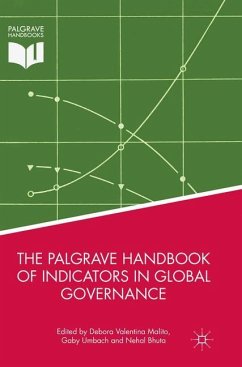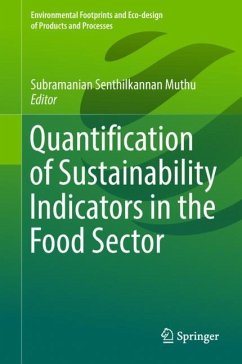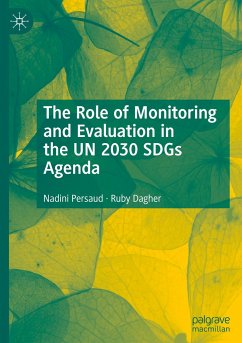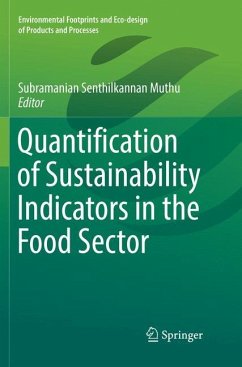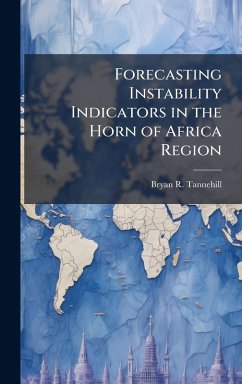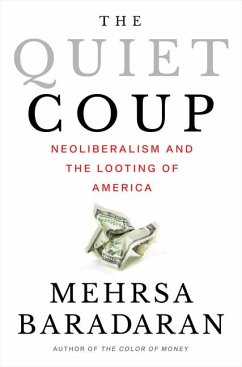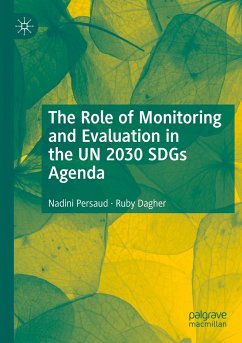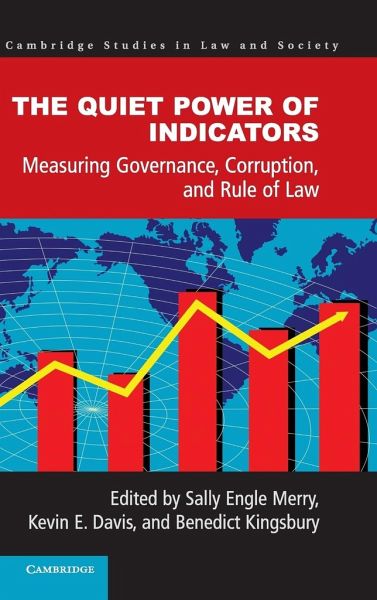
The Quiet Power of Indicators
Versandkostenfrei!
Versandfertig in 1-2 Wochen
88,99 €
inkl. MwSt.
Weitere Ausgaben:

PAYBACK Punkte
44 °P sammeln!
Using a power-knowledge framework, this volume critically investigates how major global indicators of legal governance are produced, disseminated and used, and to what effect. Original case studies include Freedom House's Freedom in the World indicator, the Global Reporting Initiative's structure for measuring and reporting on corporate social responsibility, the World Justice Project's measurement of the rule of law, the World Bank's Doing Business index, the World Bank-supported Worldwide Governance Indicators, the World Bank's Country Performance Institutional Assessment (CPIA), and the Tra...
Using a power-knowledge framework, this volume critically investigates how major global indicators of legal governance are produced, disseminated and used, and to what effect. Original case studies include Freedom House's Freedom in the World indicator, the Global Reporting Initiative's structure for measuring and reporting on corporate social responsibility, the World Justice Project's measurement of the rule of law, the World Bank's Doing Business index, the World Bank-supported Worldwide Governance Indicators, the World Bank's Country Performance Institutional Assessment (CPIA), and the Transparency International Corruption (Perceptions) index. Also examined is the use of performance indicators by the European Union for accession countries and by the US Millennium Challenge Corporation in allocating US aid funds.






